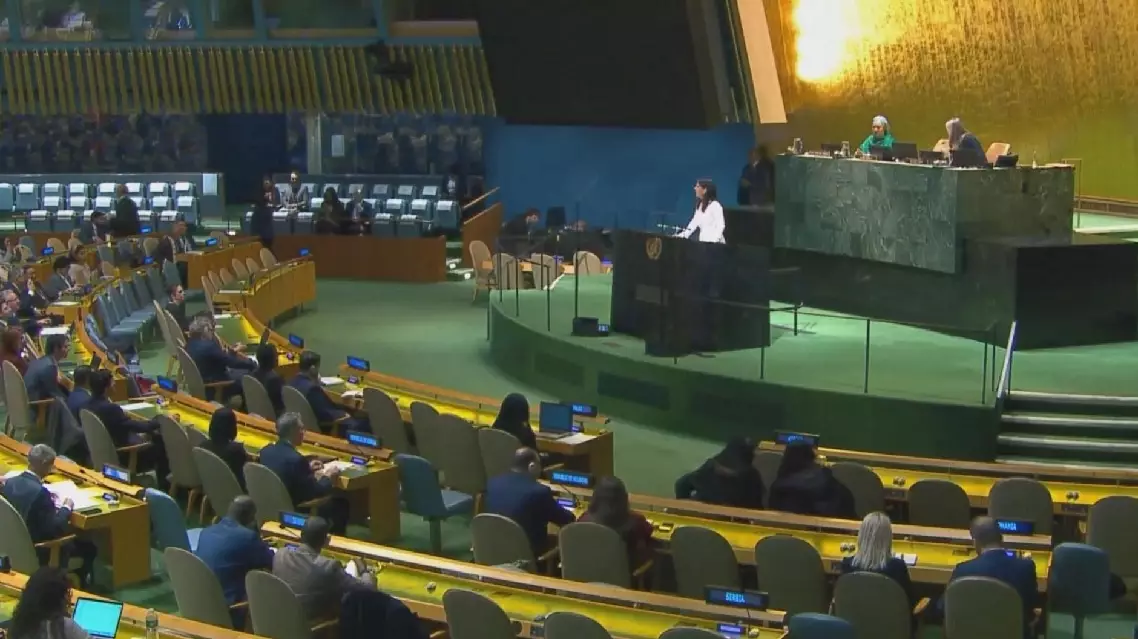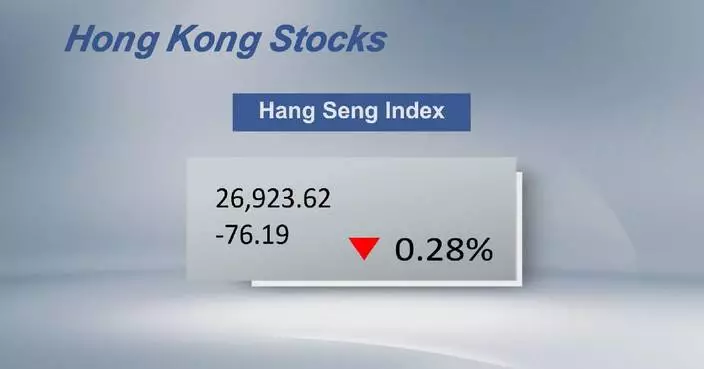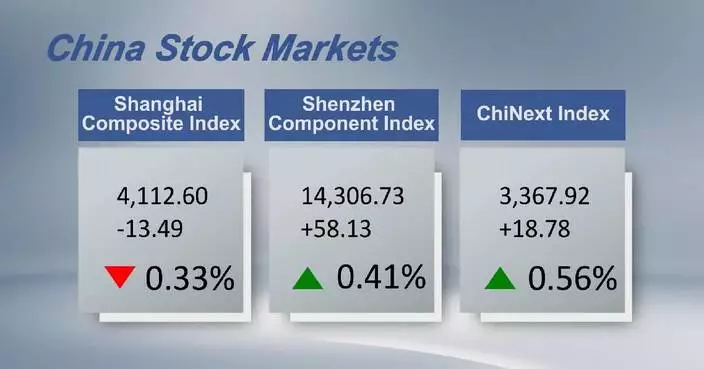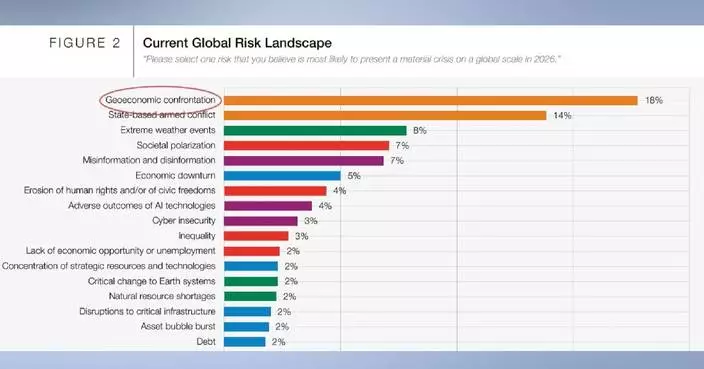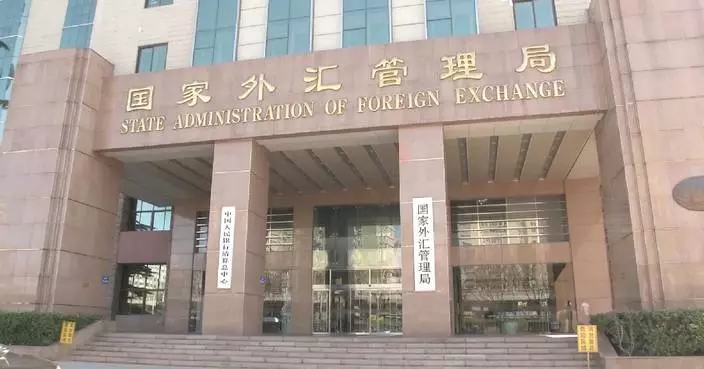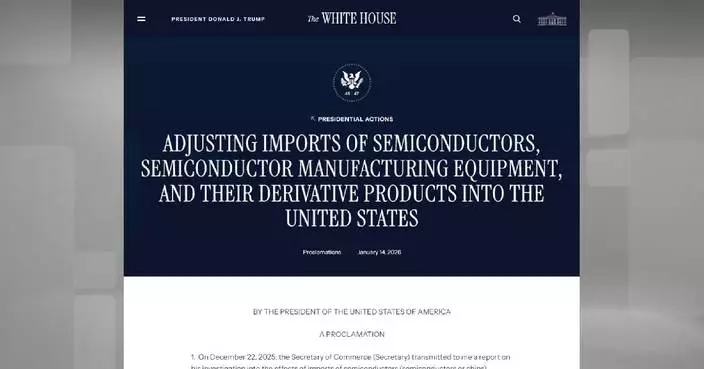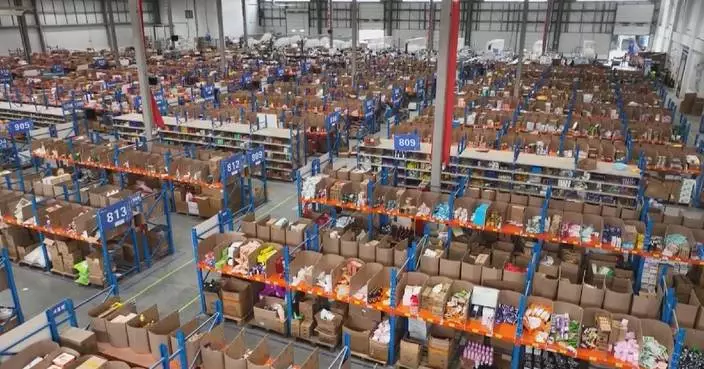The 2025 Spring/Summer Beijing Fashion Week concluded on Tuesday, embracing new consumer trends and creating innovative consumer experiences through various activities. This year's edition, running from Sept. 12 to Sept. 17, featured 74 online and offline events, drawing 297 brands. More than 30 percent of the brands were led by well-established designers and major names in the industry. A key highlight was the "China-Chic Creative Show", which focused on promoting homegrown brands. In addition, the event introduced a digital fashion segment, demonstrating the growing influence of digital technology within the fashion world. The fashion week also featured a forum on China's fashion economy under the theme "AI-driven innovation leads the future". The forum brought together industry leaders, scholars, prominent entrepreneurs, and fashion pioneers to explore how artificial intelligence, driven by new quality productive forces, is unlocking new opportunities for Chinese fashion brands and companies, helping them navigate future development trends. "This year, we introduced a program to support young designers. We aim to foster emerging talent through initiatives that cover everything from lreleases, showcasing, promotion and monetization," said Gu Weida, chairman of the presidium of organizing committee of the Beijing Fashion Week. The event also made its its efforts to turn the rich cultural resources of Yushu Zang Autonomous Prefecture, a city in northwest China's Qinghai Province, into commercial success. Designers and brands from both Beijing and Yushu, inspired by Yushu's cultural assets, collaborated to create collections, which were showcased on the Beijing Fashion Week. "Thanks to two years of continuous collaboration and innovation, the event has significantly elevated Yushu's popularity, helping local apparel companies with high-quality development and boosting the region's culture and tourism industry," said Zhao Liping, deputy head of Culture, Media, Tourism and Sports Bureau of Yushu. The Beijing Fashion Week, launched in 2016, leverages the city's rich historical and cultural heritage along with its international fashion industry resources to promote original design concepts from Chinese brands.
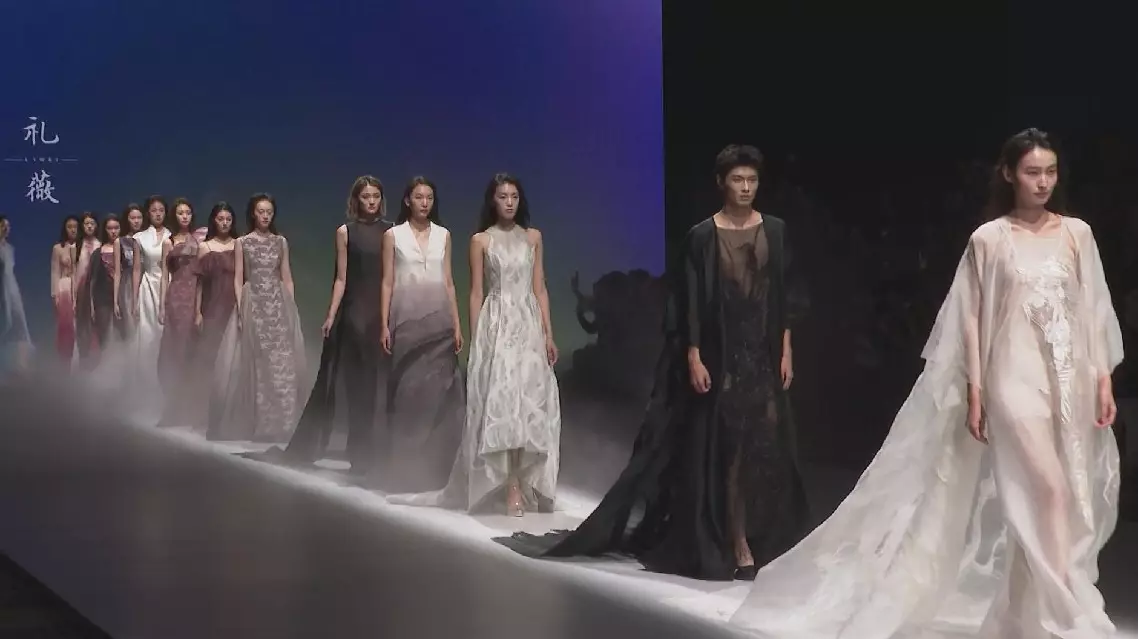
Beijing Fashion Week wraps up, highlighting China-chic, AI-driven innovation


